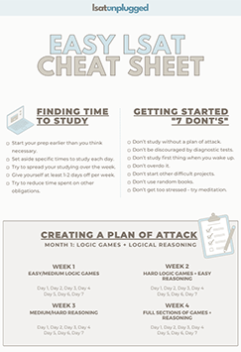How to Ace LSAT Logical Reasoning | 7 Habits
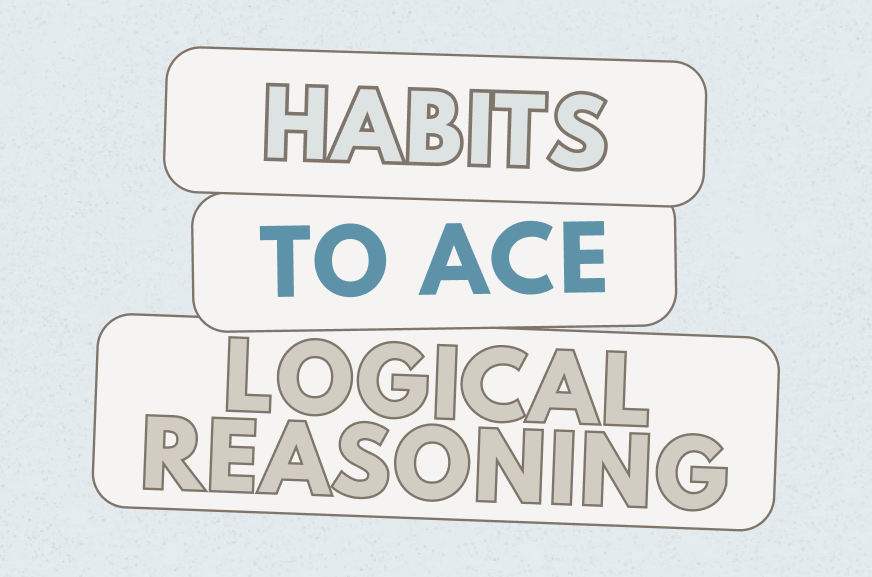
1. Analyze the stimulus for structure, NOT content.Break apart stimulus into evidence, conclusion, filler, counterpremise, etc. It’s about the stimulus’ structure and whether or not it’s valid, not the stimulus’ topic. 2. Have an “eagle eye” for details.Read EVERY word in the stimulus and answer choices carefully. Many of the wrong answer choices are […]
Informal Logic by Douglas Walton | Excerpt
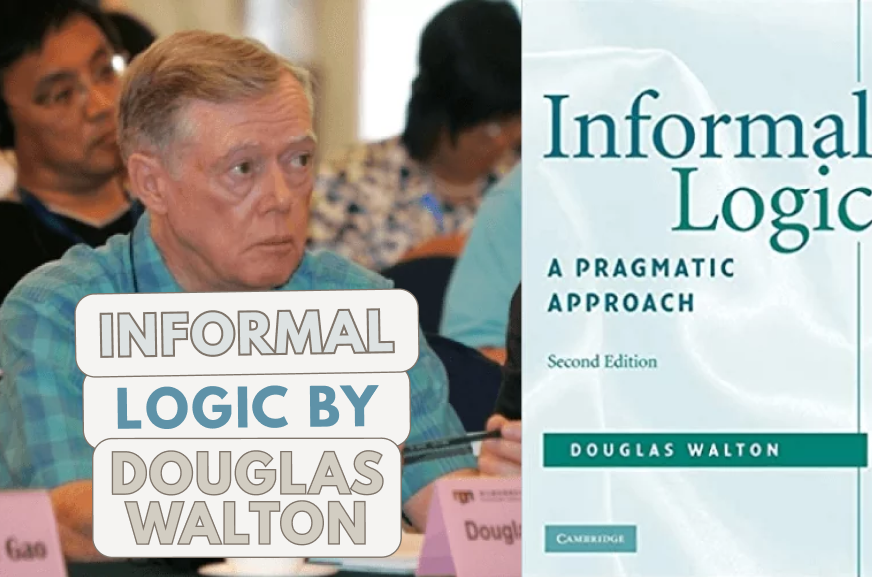
The following excerpt about the correlation-causation fallacy is from Professor Douglas Walton’s Informal Logic: A Pragmatic Approach. A study published in the journal Nature on May 13, 1999, found that babies who slept with a night-light on had an increased chance of developing myopia (nearsightedness) later in life. A subsequent study, co-authored by Professor Karla Zadnik of the […]
Should You Diagram LSAT Logical Reasoning?

I interviewed Stephen Harris, former LSAT question-writer who has written hundreds of the questions that appear in your books of LSAT PrepTests. Our discussion follows. *** How important is diagramming for Logical Reasoning questions? Is it advisable? This is a great question. My take is that, with rare exception (maybe the odd matching structure item) […]
Read Question Stem or Stimulus First?

I interviewed Stephen Harris, former LSAT question-writer who has written hundreds of the questions that appear in your books of LSAT PrepTests. Our discussion follows. *** In Logical Reasoning, do you recommend reading the stimulus first or the question stem first? Always, always, always read the stem first. To begin with, the stem typically tells […]
Necessary Assumption Questions, Negation Test, and Must Be True Qs
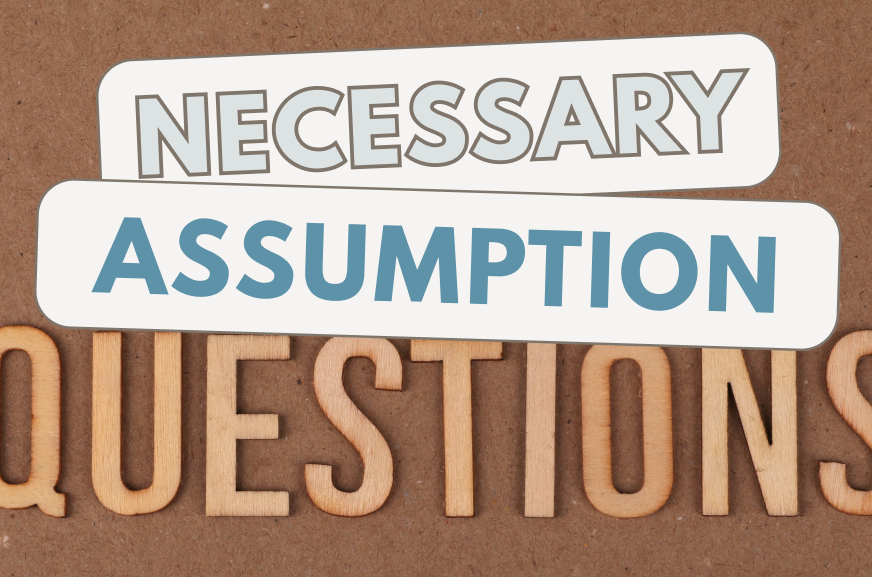
In this article, I discuss a common, and effective strategy for approaching Necessary Assumption questions. I also talk about shortcomings in the way prep companies often teach test-takers to think about necessary assumption questions. Finally, I give some examples of necessary assumption questions and explain some frequent patterns in each. A Common and Effective Strategy […]
Sufficient Assumption Questions and the Negation Test
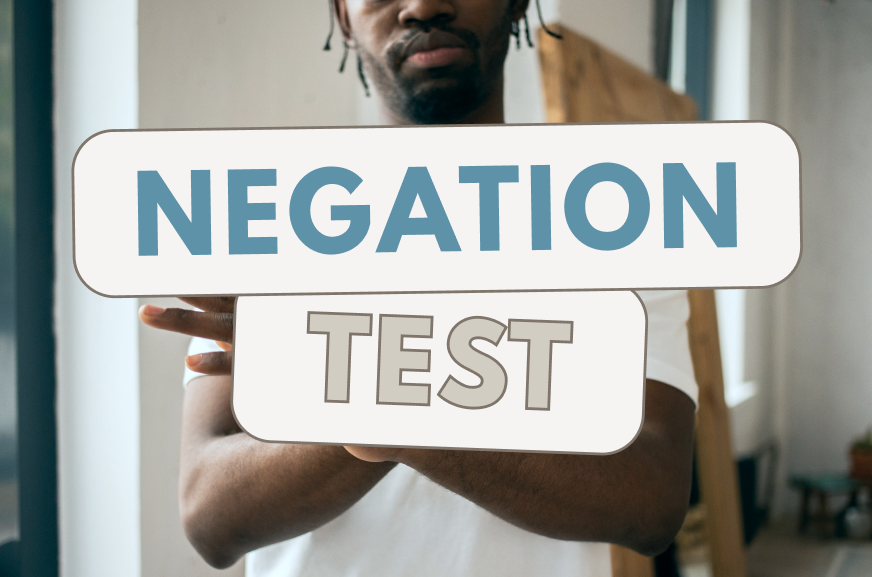
In my course, I discuss two common Logical Reasoning question types: Necessary Assumption and Sufficient Assumption. The negation test is a common strategy you can effectively use for Necessary Assumption questions. However, many test-takers like the technique so much, they try to use it for sufficient assumption questions also, often leading to disastrous consequences. Due to the difference […]
LSAT Logical Reasoning Flaws, Fallacies List

The LSAT Logical Reasoning section tests your ability to spot a variety of flaws. Some are as simple as failing to consider a particular possibility, but we can group the others into the category of classic logical fallacies. They’re the type you find in basic logic textbooks. Many Logical Reasoning questions describe flaws in the […]
Kaplan LSAT Prep Book Review
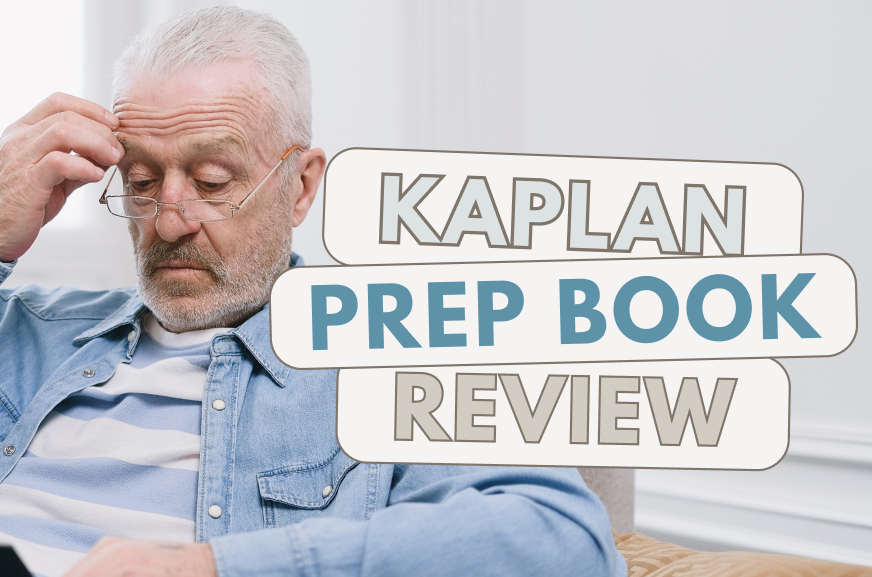
I looked at a copy of a Kaplan LSAT prep book titled Kaplan LSAT 2010 Edition: Strategies, Practice, and Review. It consists of generic advice and 3 Kaplan-written, not LSAC-written, practice tests and explanations (despite the fact that the book’s table of contents claims that these are “Real LSAT Practice Tests and Explanations”). I spent a […]
LSAT Logic of a Spam Email Scam
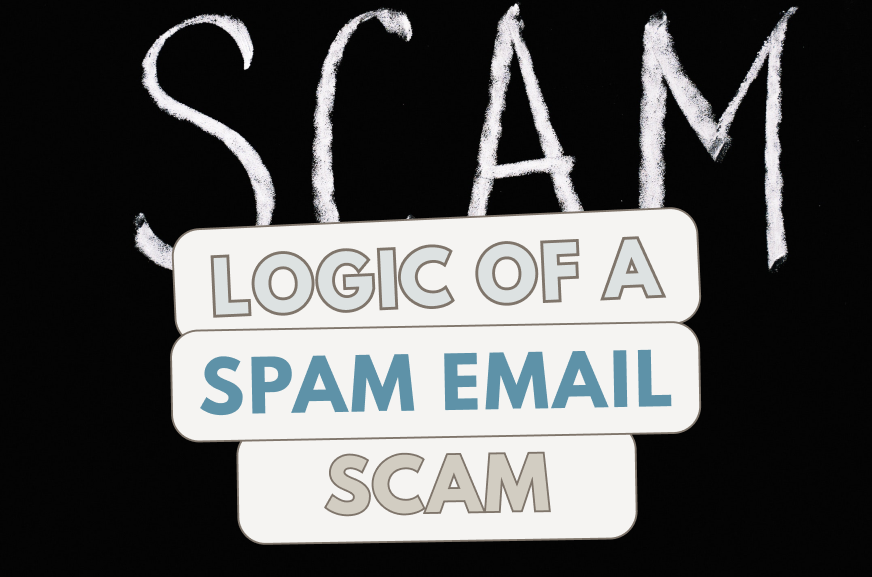
In this post, I analyze two similar emails as if they were Logical Reasoning arguments. Both ended up in my spam folder (with good reason). Here’s the first, edited for brevity: It is understandable that you might be a little bit apprehensive because you do not know me, Please forgive this unusual manner to contact […]
LSAT Logic and Law School Spam
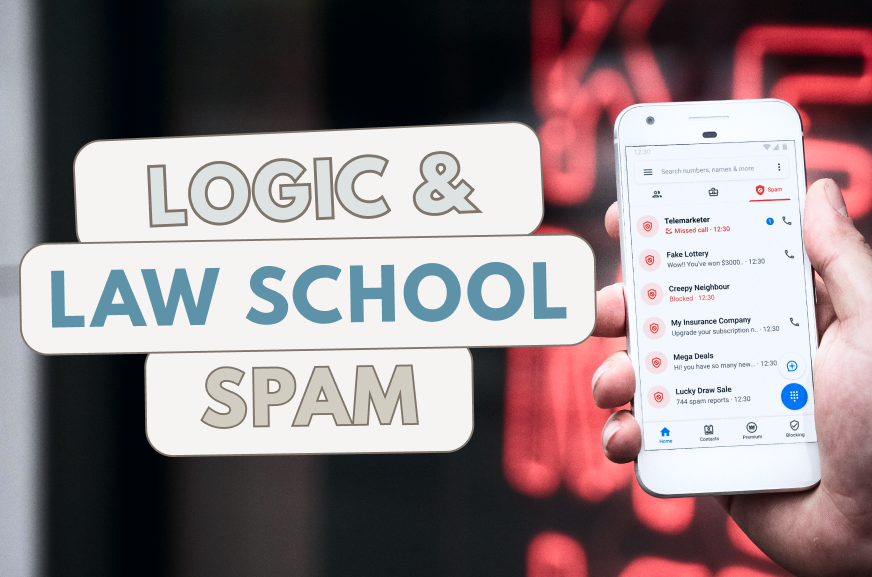
I hate spam. I even wrote an article making fun of spammers. I send emails on a schedule and sent out automatically- and that’s only if you’ve chosen to subscribe via email. I don’t do anything at all with them, and I have trouble just reading all the emails I receive, let alone responding to as many of […]
